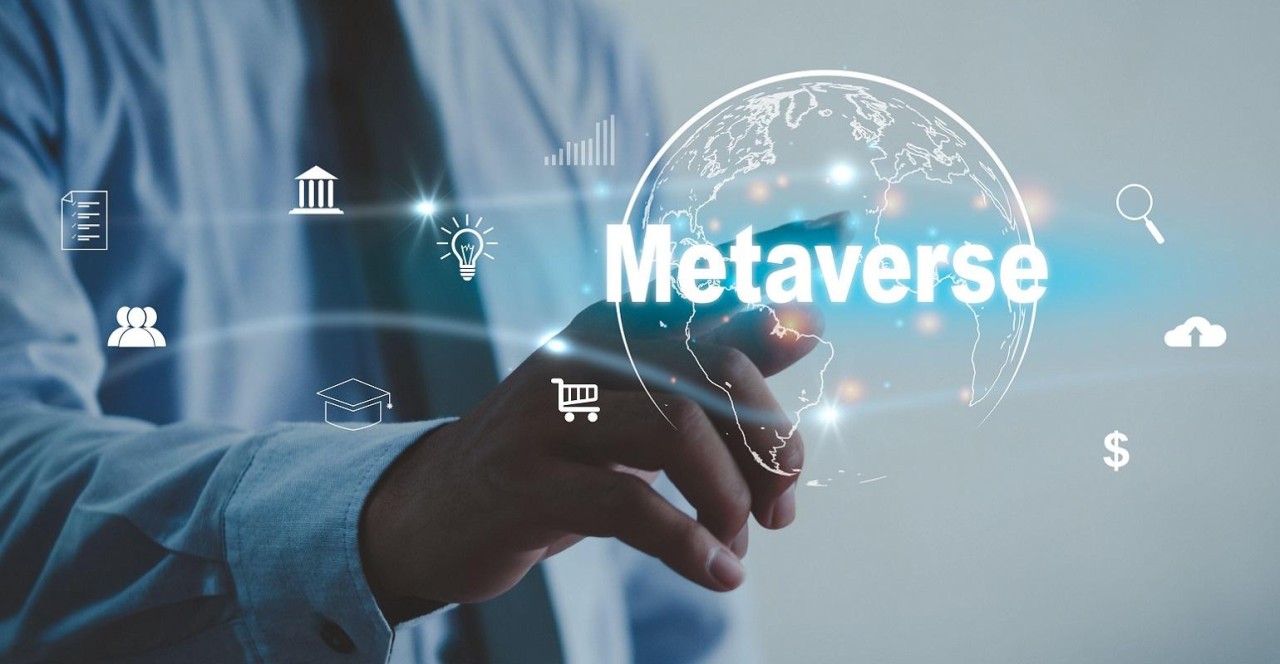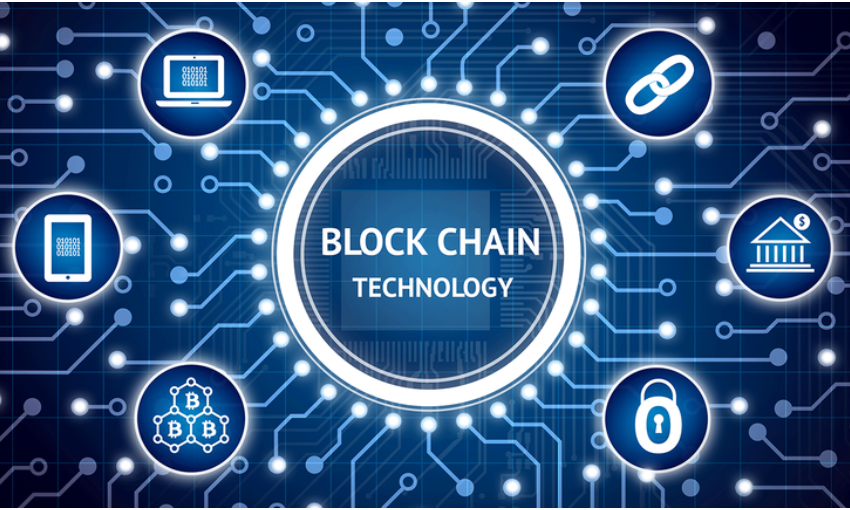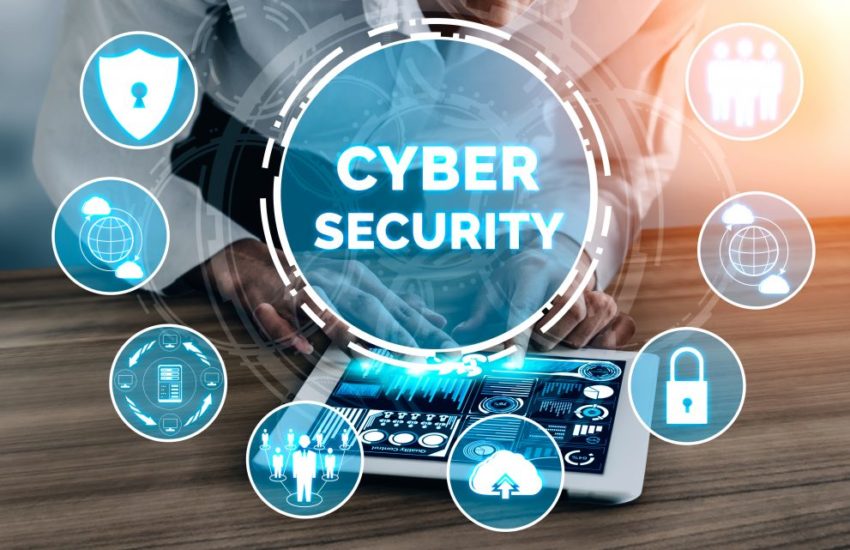Navigating the Future: Exploring Metaverse Development and Opportunities
In recent years, the concept of the metaverse has captured the imagination of technologists, entrepreneurs, and visionaries alike. Defined as a collective virtual shared space, created by the convergence of virtually enhanced physical reality and physically persistent virtual reality, the metaverse presents boundless opportunities for innovation, collaboration, and exploration. In this comprehensive guide, we delve into the intricacies of metaverse development, exploring its potential applications, challenges, and implications for businesses and society.
Understanding the Metaverse
Definition and Concept
The metaverse represents a persistent, immersive virtual space where users can interact with digital environments, objects, and other users in real time. Unlike traditional virtual worlds, the metaverse is not bound by a single platform or application but encompasses a network of interconnected virtual spaces and experiences.
Key Components
Key components of the metaverse include virtual reality (VR), augmented reality (AR), mixed reality (MR), blockchain technology, artificial intelligence (AI), and spatial computing. These technologies converge to create immersive, interactive, and interconnected virtual experiences that blur the boundaries between physical and digital realities.
Opportunities in Metaverse Development
Virtual Commerce and Retail
The metaverse presents new opportunities for virtual commerce and retail experiences, enabling businesses to create immersive virtual storefronts, showcase products in 3D, and offer interactive shopping experiences. Virtual reality shopping malls, digital fashion shows, and virtual product try-ons are just a few examples of the possibilities in virtual commerce.
Social Interaction and Entertainment
Social interaction and entertainment are at the heart of the metaverse experience, with virtual gatherings, events, and entertainment venues becoming increasingly popular. Virtual concerts, conferences, art exhibitions, and multiplayer games offer opportunities for socializing, networking, and entertainment in virtual environments.
Education and Training
The metaverse has the potential to revolutionize education and training by providing immersive, interactive learning experiences. Virtual classrooms, training simulations, and immersive educational content enable learners to engage with content in new ways, enhancing retention, comprehension, and engagement.
Challenges and Considerations
Privacy and Security
Privacy and security are significant concerns in the metaverse, as users interact and share sensitive information in virtual environments. Protecting user data, ensuring privacy controls, and mitigating security risks are essential considerations for metaverse developers and platform operators.
Interoperability and Standards
Interoperability and standards are critical for ensuring seamless connectivity and compatibility across different metaverse platforms and environments. Establishing common protocols, formats, and interoperability standards facilitates data exchange, cross-platform interactions, and content portability.
Conclusion
As metaverse development continues to evolve, it holds the potential to transform industries, redefine social interactions, and reshape the way we live, work, and play in the digital age. By embracing innovation, collaboration, and responsible development practices, businesses and organizations can harness the power of the metaverse to create immersive, inclusive, and meaningful experiences for users worldwide.







